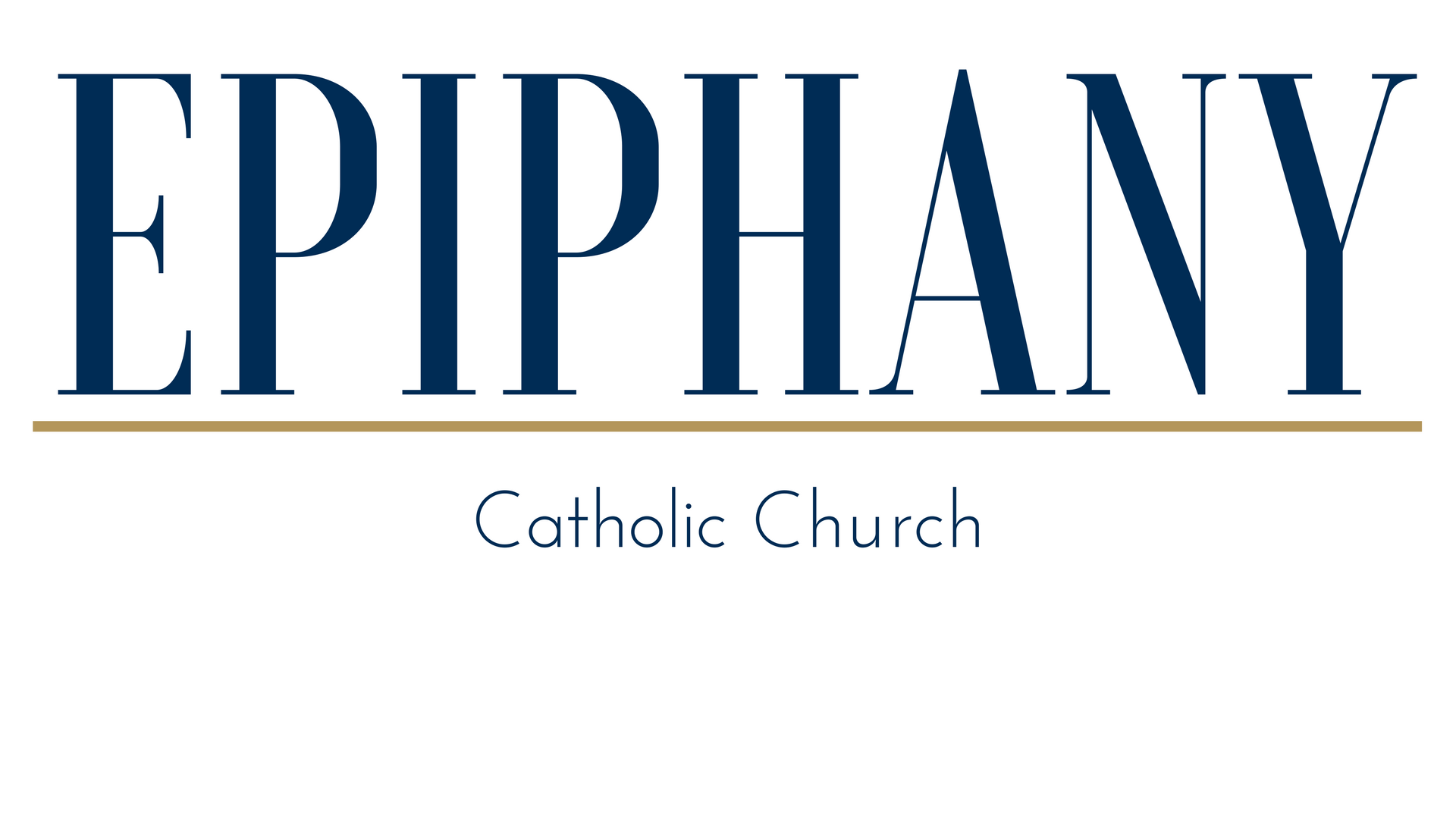The Sacrament of Penance and Reconciliation
"The sacrament of penance is the primary way of obtaining forgiveness and the remission of serious sin committed after baptism." - Pope John Paul II,Reconciliation and Penance, 1984
Pope Francis goes to Confession during a penitential celebration at St. Peter's Basilica, March 28, 2014. Credit: Ansa/L'Osservatore Romano.
Sometimes on our journey toward the heavenly promised land we stumble and fall into sin. God is always ready to lift us up and to restore us to grace filled fellowship with him. He does this through the Sacrament of Penance (which is also known as confession or reconciliation, each term emphasizing a different element of the Sacrament).
Jesus gave His apostles power and authority to reconcile us to the Father. They received Jesus' own power to forgive sins when he breathed on them and said, "Receive the Holy Spirit. Whose sins you forgive are forgiven them, and whose sins you retain are retained" (John 20:22-23).
Paul notes that "all this is from God, who has reconciled us to Himself through Christ and given us the ministry of reconciliation...We are ambassadors for Christ, as if God were appealing through us" (2Corinthians 5:18-20). Through confession to a priest, God's minister, we have our sins forgiven, and we receive grace to help us resist future temptations.
Parish Preparation
At Epiphany Parish, the Sacrament of Penance is typically received in the second grade after two years of preparation through the Religious Education Program or through our Catholic grade school. Home School families are free to follow diocesan approved formation materials in preparation for this Sacrament.
Receiving the Sacrament of the Reconciliation for the first time as an adult is part of the Rite of Christian Initiation of Adults. For older children who need to make their first reconciliation please see the pastor so that this wonderful experience of God's mercy can be well planned.
More information about confession can be found in the Catechism of the Catholic Church (1422-1498).
One's Dying Moment
The Church's floodgates of grace are opened regularly in our lives, but broken off the hinges at the time of death. "An indulgence is the remission before God of the temporal punishment due for sins already forgiven as far as their guilt is concerned."
Paragraph 12 of the Manual of Indulgences: - "A priest who administers the sacraments to someone in danger of death should not fail to impart the apostolic blessing to which a plenary indulgence is attached."
"If a priest is unavailable, Holy Mother Church benevolently grants to the Christian faithful, who are duly disposed, a plenary indulgence to be acquired at the point of death, provided they have been in the habit of reciting some prayers during their lifetime; in such a case the Church supplies for the three conditions ordinarily required for a plenary indulgence."
"In this latter case, the use of a crucifix or a cross in obtaining the plenary indulgence is commendable."
The three usual conditions for acquiring a plenary indulgence are Confession, Eucharist, and prayer for the Pope.

